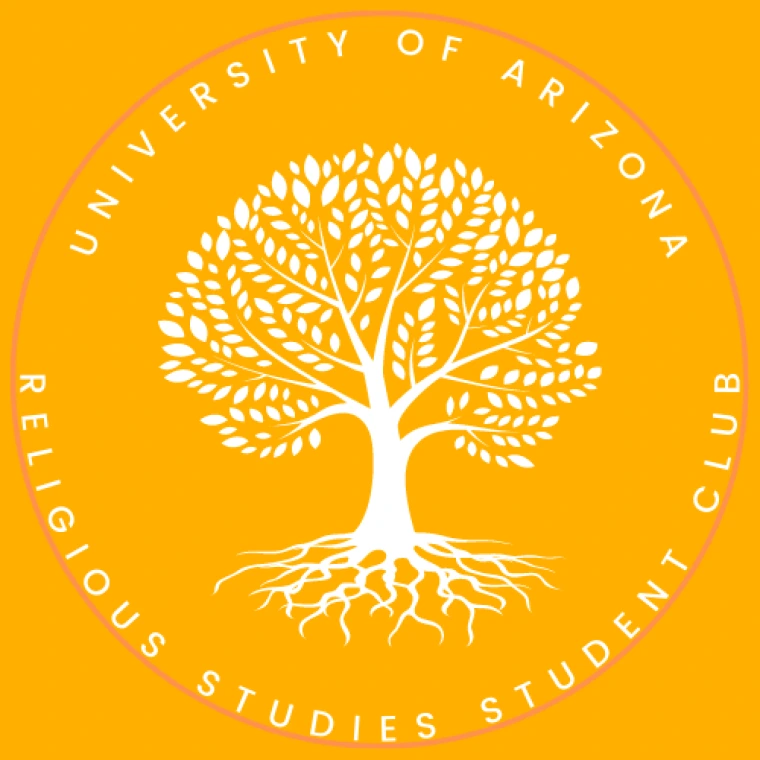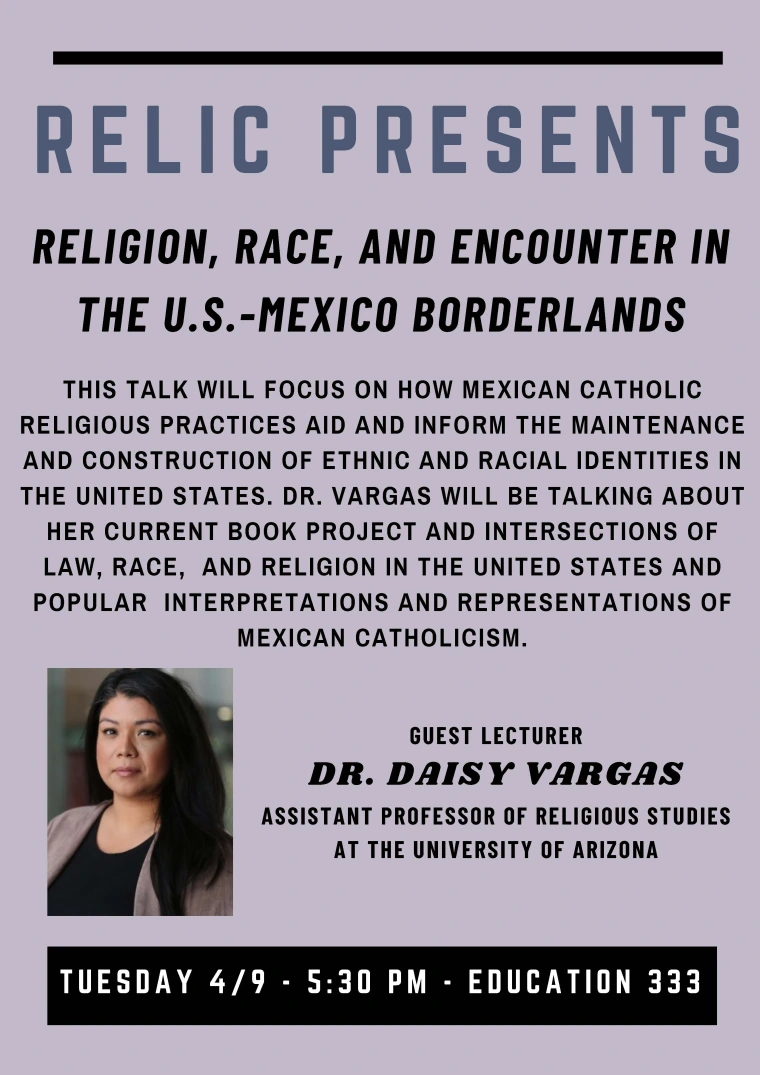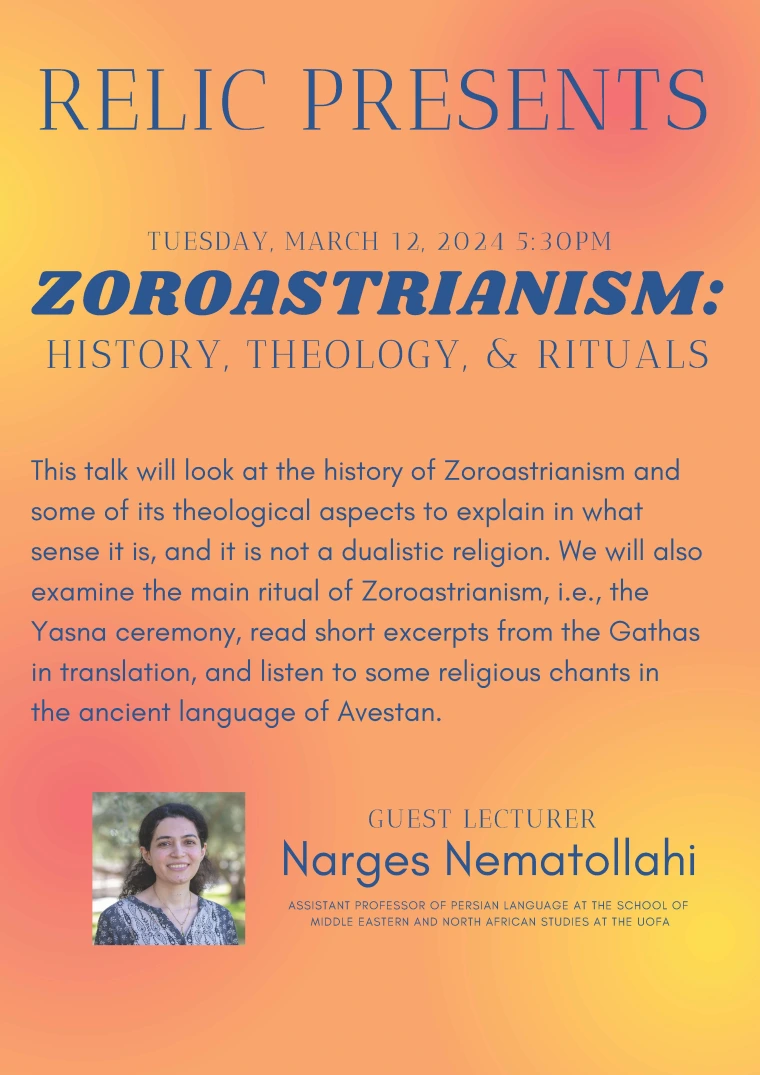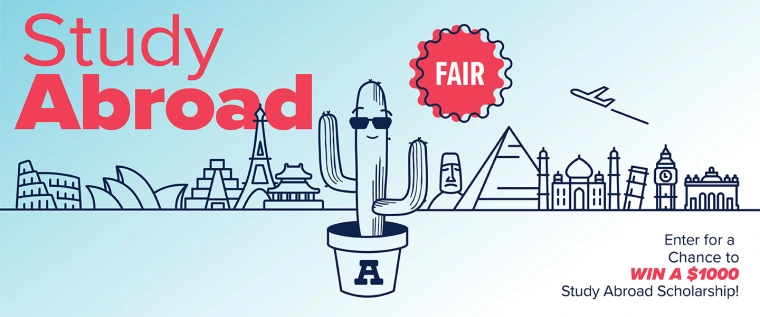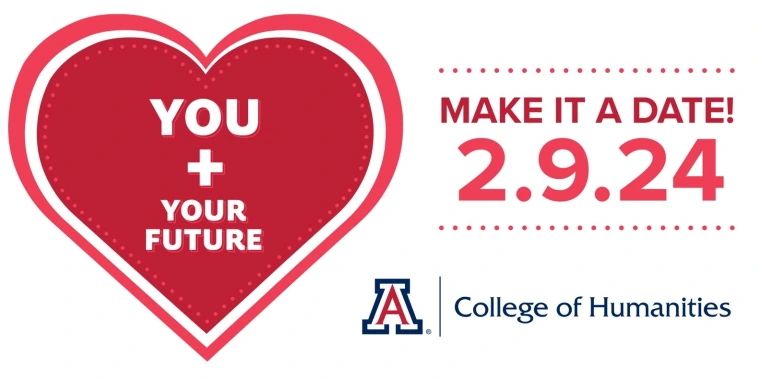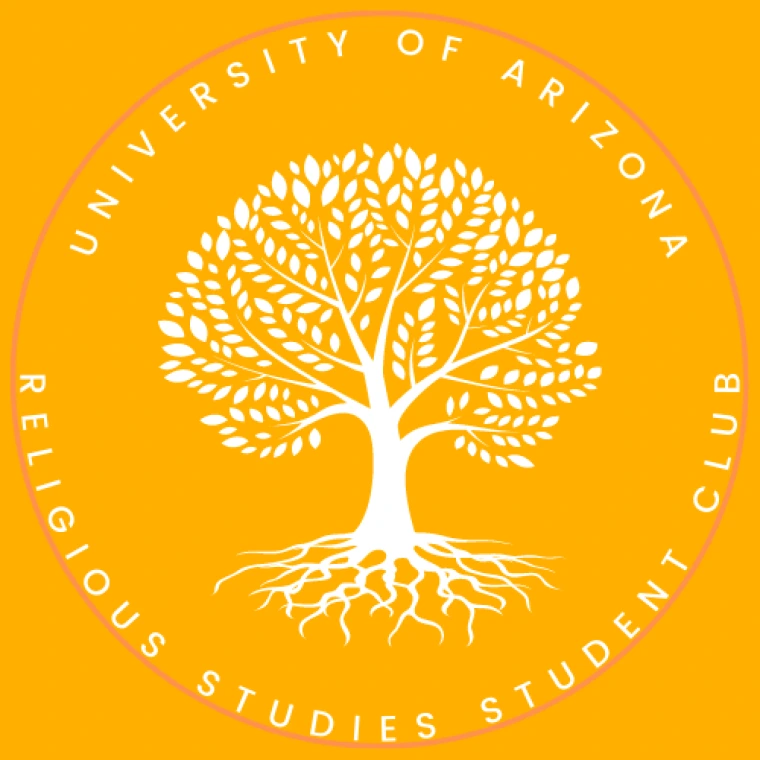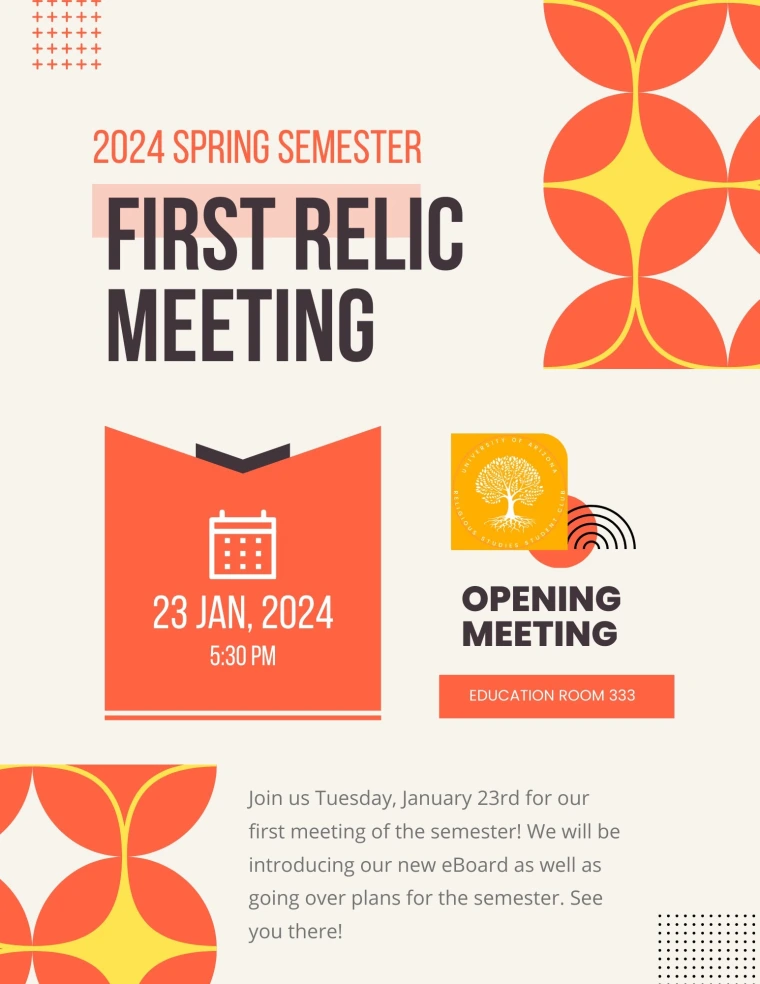Congratulations! 2024 Arizona in Orvieto Scholarship Award Winners
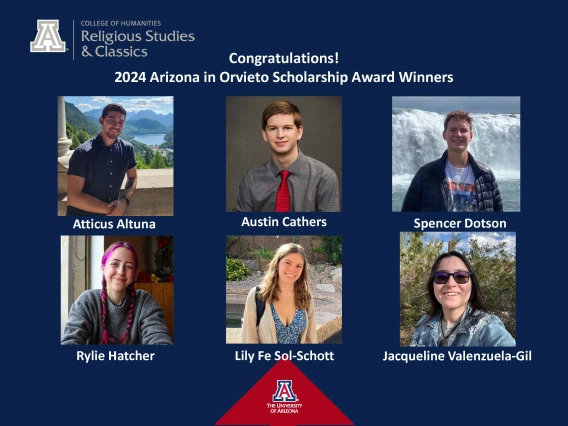
Congratulations to the 2024 Arizona in Orvieto Scholarship Award Winners: Atticus Altuna, Austin Cathers, Spencer Dotson, Rylie Hatcher, Lily Fe Sol-Schott, and Jacqueline Valenzuela-Gil.
The award winners are featured below with excerpts of why they personally want to study abroad:
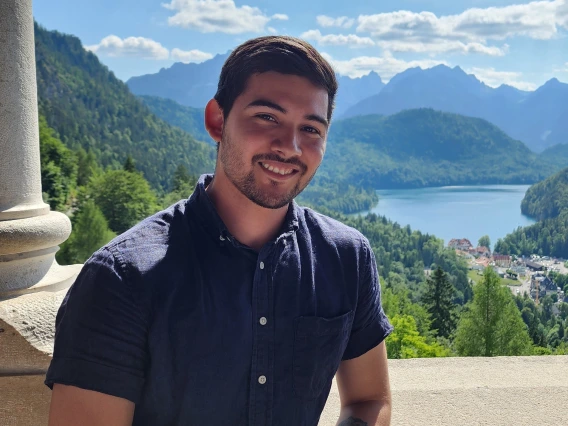
Atticus Altuna - Triple Major: Anthropology, Classics, History
Recipient of the Department of Religious Studies & Classics Arizona in Orvieto Award for Majors
I’m profoundly grateful for being selected as a recipient for the Arizona in Orvieto Award. Despite my passion for history and exploration, the opportunity to travel abroad has always been elusive to me. I joined the Marines out of high school and flew planes for 5 years before discovering that the place where I needed to be was college. With the GI Bill I was able to attend the U of A and follow my real passions, triple majoring in history, anthropology, and classics with a focus on classical civilizations. I firmly believe that studying these fields requires a tangible connection with the past, which is difficult to achieve as an American without traveling overseas. This study abroad is an outstanding opportunity to interact with history in a way that is without substitute. Additionally, it allows us to explore a rich culture, indulge in all of its aspects, and challenge ourselves to make the most of it in good company. I am taking both CLAS 222 and CLAS 335, and I’m eager to learn more about Rome and its impacts on later cultures while in the heart of Italy. I also plan to achieve further goals in grad school and to specialize in classical archaeology, and this foray into Italian travel, academia, and culture will undoubtedly help me in future endeavors. To say that I am excited is an understatement, and I am honored to participate in this event.
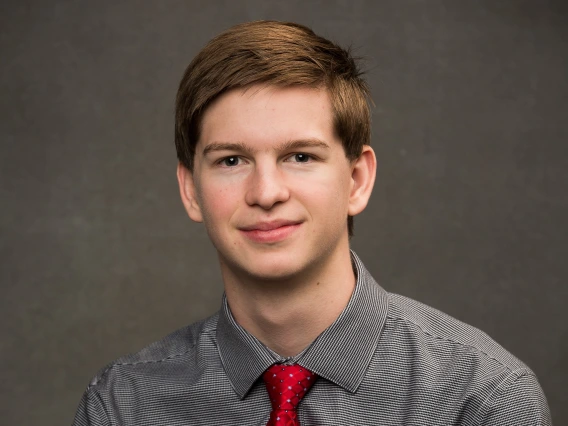
Austin Cathers - Major: Computer Science; Minor: Classics
Recipient of the Department of Religious Studies & Classics General Arizona in Orvieto Award
I want to study abroad because it is a once in a lifetime opportunity that I will remember looking back on. Additionally I want to visit Italy because of my own heritage and visit the family I have there. I chose to minor in Classics because of Professor Nathaniel Katz. He inspired me to take more courses in classics and when I learned he would be teaching both of the classics courses in Orvieto I knew that I wanted to choose Classics as my minor and study abroad.
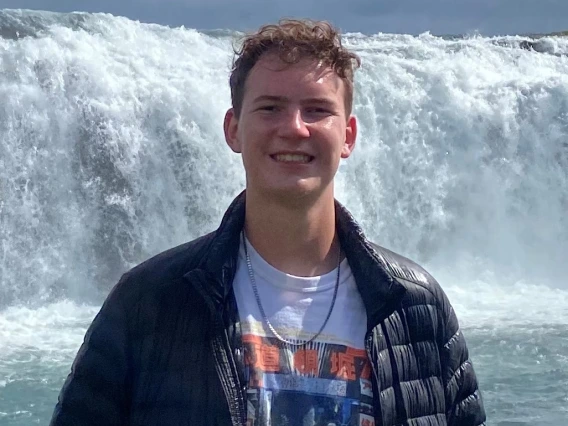
Spencer Dotson - Double Major: Classics, Criminal Justice
Recipient of the Department of Religious Studies & Classics Arizona in Orvieto Award for Majors
I am incredibly thankful for the Department of Religious Studies & Classics for awarding me this scholarship and allowing me the opportunity to study abroad. I am pursuing double degrees in Classics and Criminal Justice. I am very excited to study abroad because I will be able to see with my own eyes the remnants of the ancient world that I study every day. I also am looking forward to learning in such a unique environment that is so unfamiliar to me. I have lived in Tucson my entire life, so the chance to fully live in a new place that is so different and out of my comfort zone is something I am very excited for. I am taking both of the Classics courses offered during my study abroad: Classics through the Ages and The Roman Empire: Rulers and Ruled. Taking both of these classes, and learning the content within them, while being so near to the locations where these events happened will be a life changing experience. I chose to major in Classics because I have always been enthralled by the time period; from the gods and the myths, to the architecture and culture. With a major in Classics, I am able to study the time period more extensively, and gain valuable knowledge about one of the most fascinating periods of human history.
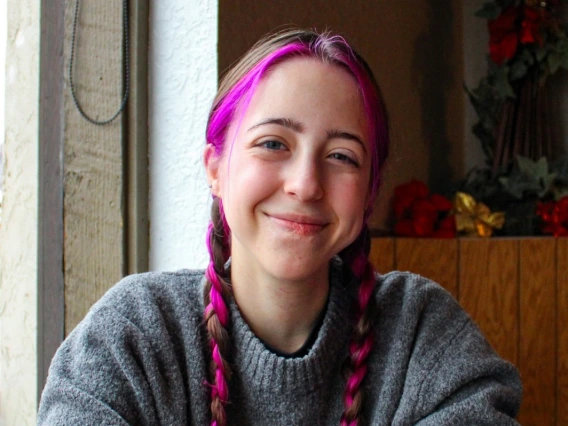
Rylie Hatcher - Major: History; Minor: Classics
Recipient of the Department of Religious Studies & Classics General Arizona in Orvieto Award
As a History major with a minor in Classics, I desperately wanted to incorporate studying abroad into my college education. I find it exciting to experience the sights and scenes of places and events I am learning about, and I knew studying abroad would increase my knowledge of and joy for history. I plan to take full advantage of my stay in Orvieto and hope to explore Italy and learn more about its culture and history. The two classes I chose to take are Classics Through the Ages and Astronomy and the Arts. One part of Classics I enjoy is seeing how people throughout history have taken their knowledge and appreciation for this period and applied it to art, law, literature, etc. These classes will allow me to learn more and see firsthand how Classics has influenced these topics. I chose to minor in Classics after I took two level 100 classes on mythology and Greeks and Romans. I found the material intriguing and decided to further my education and learn about Classics. I am thrilled to study Classics in Orvieto and look forward to a great study abroad experience!
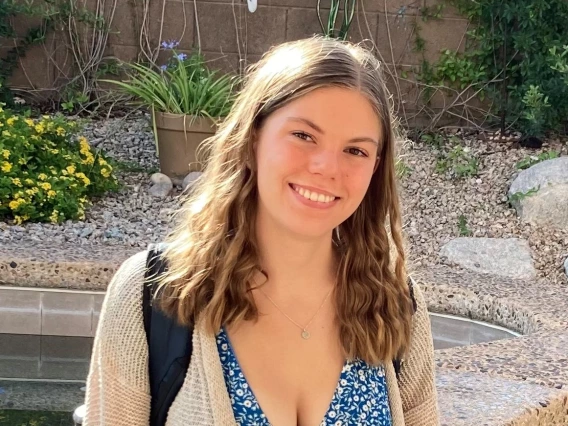
Lily Fe Sol-Schott - Major: Nursing
Recipient of the Department of Religious Studies & Classics General Arizona in Orvieto Award
I am a nursing major at the University of Arizona with a passion for Classics. I decided that I wanted to study abroad while taking two courses that expanded my love for that time period: Greek and Roman Religion and Human Achievement and Innovation in the Arts. While abroad in Orvieto, I will be taking Classics through the Ages and a writing class, Nonhuman Subjects- Monsters, Ghosts, Aliens, Others, to foster my passion for history and writing. Despite being in a STEM heavy major, I always elect to take any Classics course I have time for. I am particularly interested in the religious practices of the Classical period and Renaissance art. The opportunity to see the art and architecture of Italy will be a dream come true and an exciting step towards my hopes of becoming an author and a well-rounded nurse. Thank you to everyone who contributed to helping me and other students achieve this wonderful opportunity!
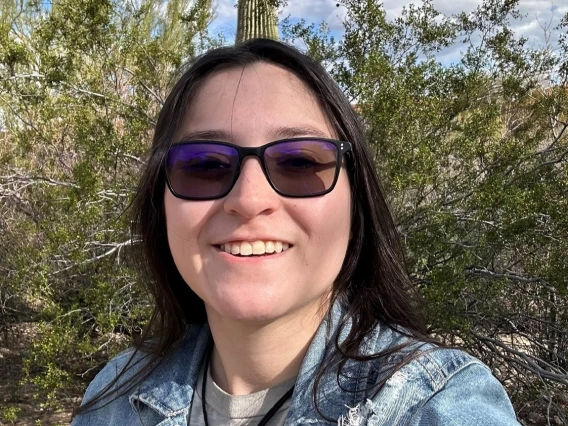
Jacqueline Valenzuela-Gil - Double Major: Classics, Foundational Business
Recipient of the Department of Religious Studies & Classics Arizona in Orvieto Award for Majors
I’m a Classics and Foundational Business Major, and a very grateful recipient of this award, and I want to take part in the Arizona in Orvieto study abroad program because it's an experience that seems too good to pass up on. Italy has absolutely fascinating history and culture that I’d love to experience firsthand, and the courses offered this year through the UofA just seem perfect to take on site there. On top of that, the courses count for credit towards my major, and with the amount of scholarships offered, I felt like I just had to apply to the program. I’ll be taking the two Classics courses offered. CLAS 335: The Roman Empire: Rulers and Ruled, focusing on the Roman Empire’s history from different perspectives, and CLAS 222: Classics Through the Ages, which is more about the impactful legacy of the Greeks and Romans through the years. I major in Classics because learning about different peoples, cultures and their impacts, and our collective history makes me feel more complete, and like I’m growing as a person. With the Romans and Greeks having had some of the most influential and culturally impactful societies, learning more about them means learning more about things like democracy, philosophy, art, and society, in the past and modern day - all things that I personally think are incredibly important. Some of the most interesting and inspiring things I’ve ever seen have been in museums and historical sites, so to be given the opportunity to not only go to Italy and visit some of the most awe inspiring and historically rich areas of the world, but to also be personally taught about their significance and place in the world’s history by members of the University, sounds beyond amazing.


